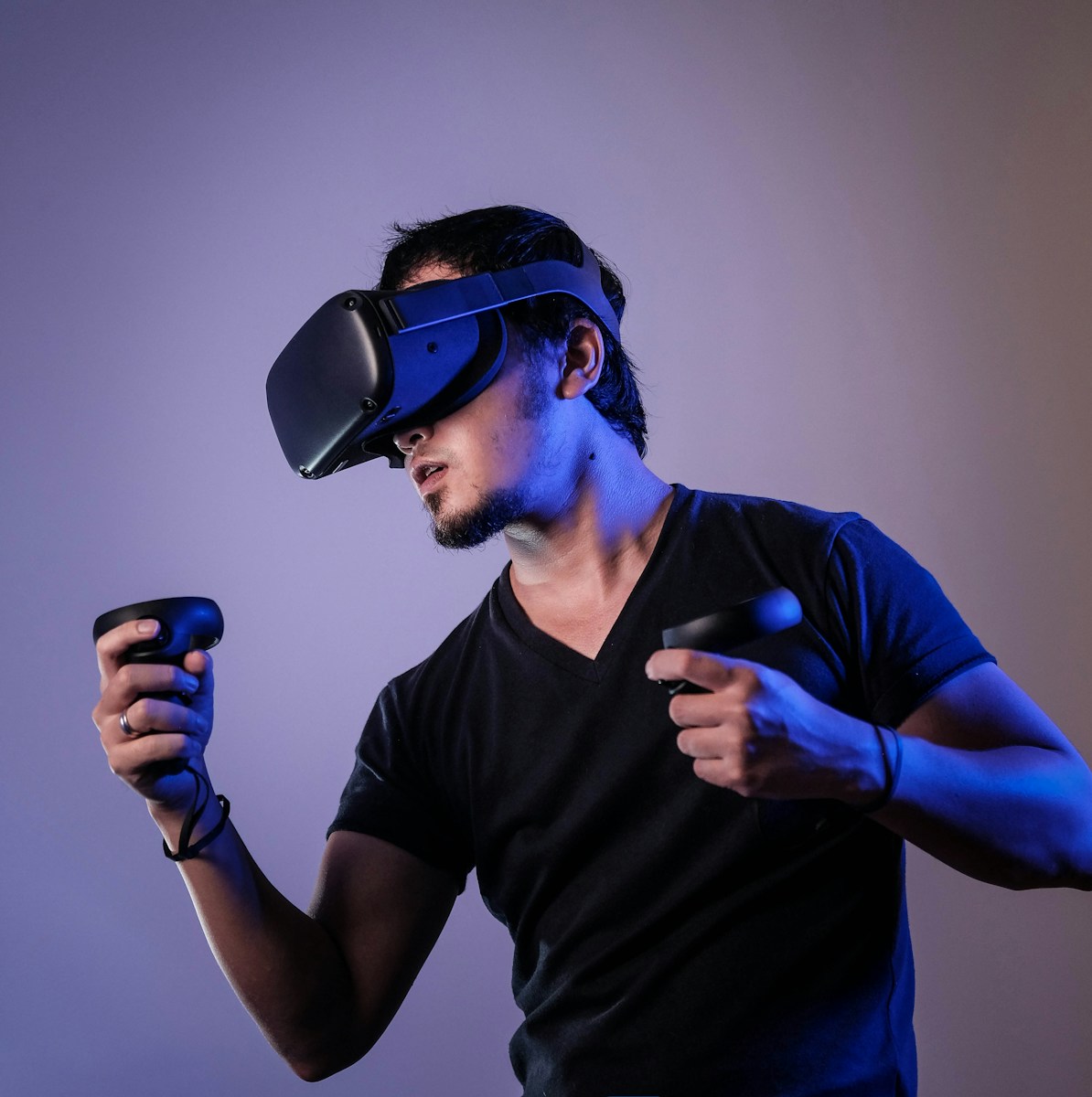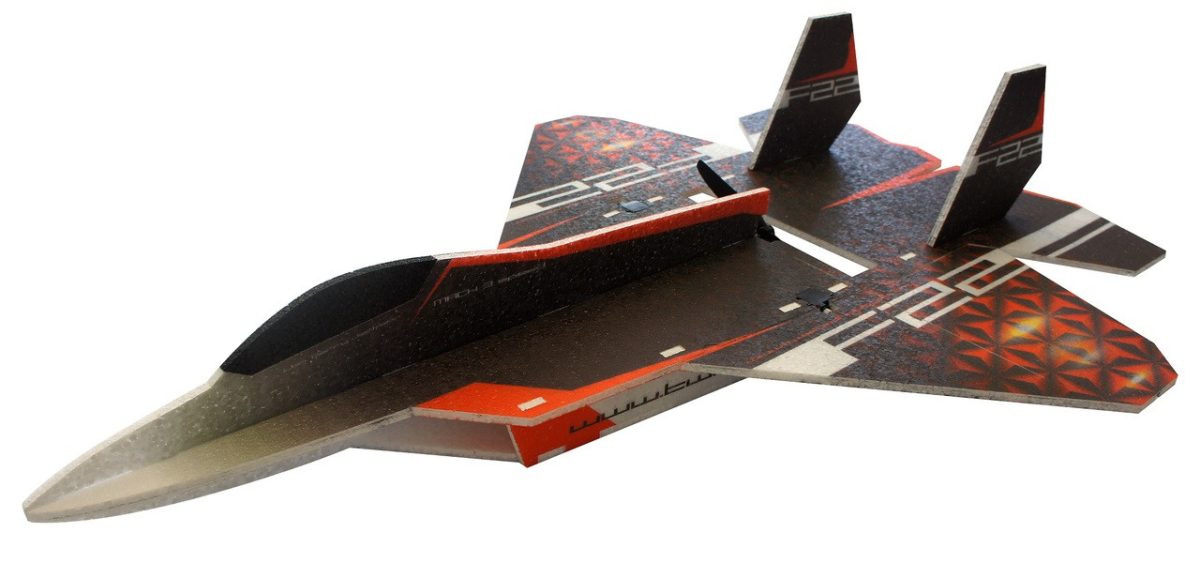In the past few decades, video games have evolved from simple pixelated graphics to complex virtual environments and narratives that can rival blockbuster films. While they have provided entertainment for millions, their influence extends far beyond the gaming world. Video games have played a significant role in driving advancements in real-life technology across various fields.
One of the most apparent technological influences from video games is the advancement in graphics. The necessity for realistic visuals in gaming has pushed companies to develop better graphics processing units (GPUs). These advancements have transcended gaming and found applications in industries such as film, architecture, and medicine. High-resolution textures, real-time rendering, and sophisticated shading techniques originally developed for games are now integral in 3D modeling and simulation.
Video games have been at the forefront of the development of virtual reality (VR) and augmented reality (AR). Originally popularized by gaming platforms, these technologies are now being used in diverse fields such as education, training, and therapy. For instance, flight simulators used by pilots, immersive training scenarios for medical professionals, and AR applications in surgery have all benefited from gaming technology. The gaming industry’s investment in VR headsets and AR experiences has accelerated the availability and affordability of these technologies for broader use.
AI has become an essential component of video games, especially in creating non-playable characters (NPCs) that can interact with players in a more human-like manner. The algorithms developed for gaming AI have influenced fields such as robotics, personalized marketing, and even autonomous vehicles. As developers create smarter game opponents and more engaging narratives, the underlying AI technologies are being adapted to solve real-world problems, creating more responsive and adaptive systems across various sectors.
The influence of video games on real-life technology is profound and multifaceted. By pushing the boundaries of what is possible in graphics, AI, and user interaction, the gaming industry has driven innovations that permeate various aspects of our daily lives. As technology continues to evolve, the relationship between video games and real-world applications will likely grow, inspiring new generations of developers and technologists to explore the endless possibilities that lie at the intersection of play and innovation.
Related Stories:
- https://www.masterycoding.com/blog/how-video-games-have-changed-the-world#:~:text=Technological%20Advancements,-Video%20games%20have&text=The%20demand%20for%20increasingly%20realistic,processor%20capabilities%2C%20and%20storage%20capacities.
- https://listverse.com/2013/07/14/10-real-world-technologies-inspired-by-video-games/
- https://www.technologyreview.com/2022/08/20/1058328/we-may-never-fully-know-how-video-games-affect-our-well-being/




